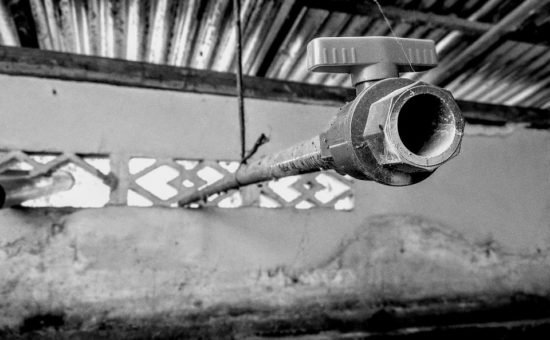Untreated hospital wastewater could drive antimicrobial resistance in low-income countries
Hospital drains and septic tanks are providing the conditions for antimicrobial resistance to flourish in low-income countries, data from Benin and Burkina Faso suggests. Genetic analysis of the bacteria living in these pipes and vessels suggests they are exchanging antimicrobial resistance (AMR) genes with one another, while inadequate wastewater treatment risks transferring these organisms to people in the wider community and the produce they consume.
The results highlight the need to increase wastewater treatment capacity in developing countries, with particular attention to wastewater from hospitals.
AMR NEWS
Your Biweekly Source for Global AMR Insights!
Stay informed with the essential newsletter that brings together all the latest One Health news on antimicrobial resistance. Delivered straight to your inbox every two weeks, AMR NEWS provides a curated selection of international insights, key publications, and the latest updates in the fight against AMR.
Don’t miss out on staying ahead in the global AMR movement—subscribe now!





